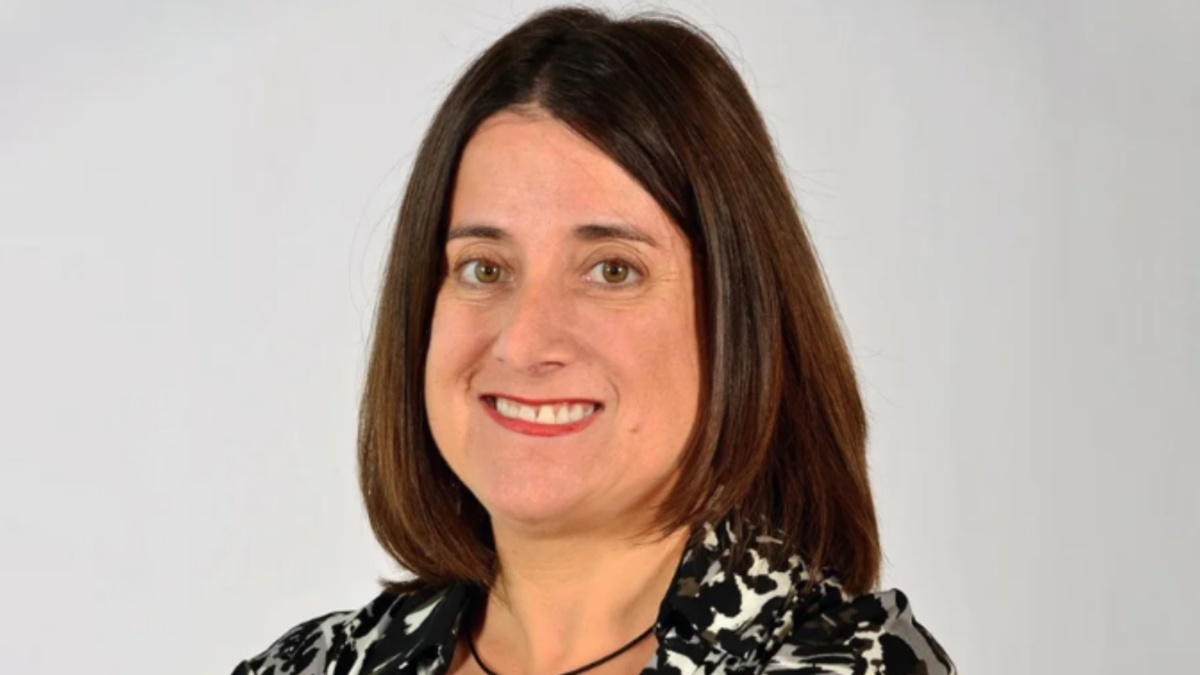Tools needed so advisers can tackle greenwashing challenge
Investors are increasingly discerning with their selection of investment products, with more six in every 10 expecting their advisers to ask them about their values as part of any engagement according to the most recent Responsible Investment Association Australasia (RIAA) Benchmark Report.
As one of the few remaining client-facing parts of the investment industry, the expectations placed on advisers are significant. While environmental, social and governance (ESG) considerations have been adopted by most managers, the lack of consistency represents a significant challenge for financial advisers to navigate in conversation with clients.
Opening the industry-first Ethical investing masterclass, a partnership between The Inside Network and Australia’s oldest ethical investor, Australian Ethical, Leah Willis described the ethical and responsible advice opportunity as being the ‘new frontier of advice’.
Offering the ability to ‘engage more deeply with clients’, Willis, who is head of client relationships at Australian Ethical, said the responsibility to draw on over 35 years of leadership in the sector was a key driver in the group’s commitment to the masterclass.
Reflecting on some of the most difficult challenges facing advisers, she said greenwashing was emerging as a significant issue. Joining Willis on the panel, RIAA’s Simon O’Connor placed the onus directly on advisers while acknowledging the need for appropriate resources.
“Your job is to help navigate the range of strategies’ that span ethical, responsible and sustainable investing, but doing so with limited education or tools has many wondering where to look,” he said.
To put it simply, advisers, who likely have more than enough on their plates in light of recent and anticipated regulatory changes, must remain the filter between product issuers and clients.
While much of the data shows that the majority of investors want their advisers to ask them about their personal and ethical values, very few clients are actually willing to ask the question according to O’Connor.
Yet the investment opportunities are enormous, and growing, following what was described as a ‘watershed’ year in 2022 for ethical and responsible investing. Whether it was the Inflation Reduction Act in the US, or commitments from the Albanese government in Australia, legislation is becoming more supportive of action on decarbonisation, climate and inequality.
Progress is being made on global standards around ethical, responsible and sustainable investing, however, the broadness of ESG means that it can be essentially be used by anyone who considers the ‘risks’ to a business rather than takes a specific position on a company.
And this is where the challenge lies. As potential clients become more discerning, advisers must have a framework through which to consider investments for inclusion in portfolios, but also to extract the most personal of information from clients.
The personal nature of ethical and values-based investing, according to Rask Media founder Owen Raszkiewicz, means that human oversight is central to the construction of portfolios. According to his survey, 71 per cent of listeners believe this is a minimum requirement for an ethical strategy.
Ultimately, this highlights the importance of a qualitative and active role in investment decision making at the fund, portfolio and client level. Yet the rewards are already on show for those already pursuing a more responsible approach, with clients found to be stickier and more patient with investment returns.
To find out more about ethical investment solutions and opportunities get in touch with the Australian Ethical team here.










